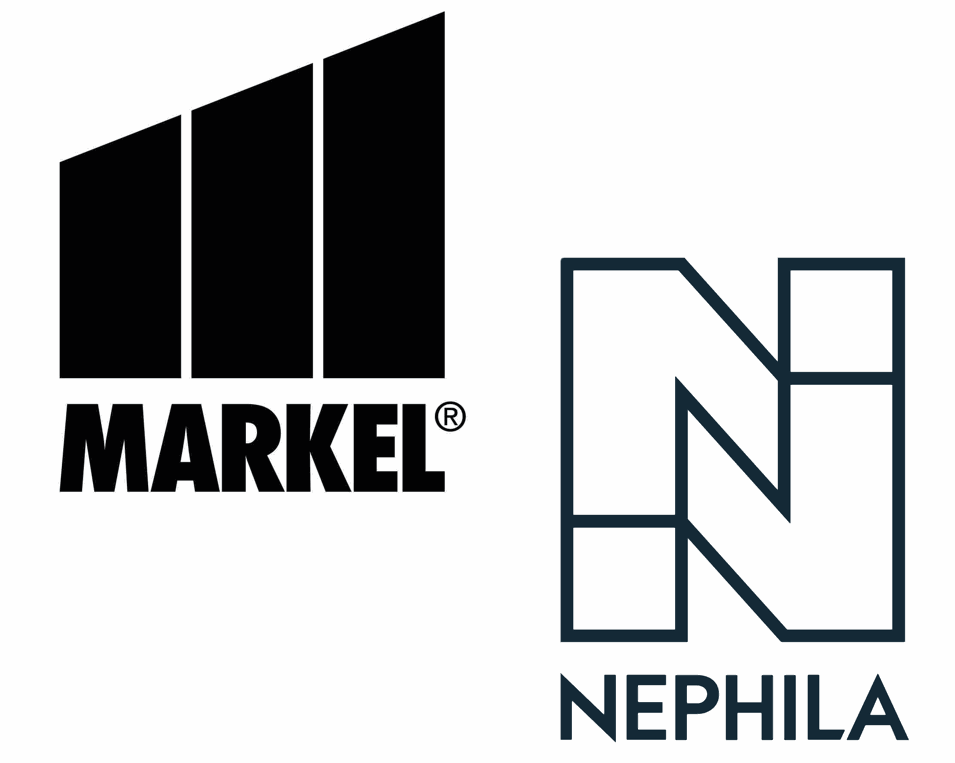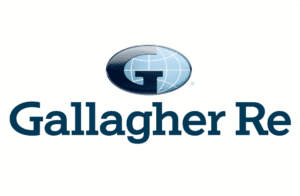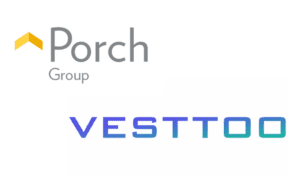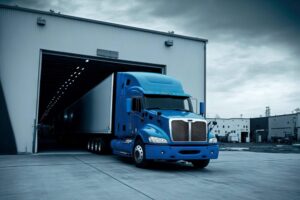Nephila cat program premiums via Markel soar 45% to $1bn in 2022

Insurance-linked securities (ILS) investment manager Nephila Capital has significantly increased the level of catastrophe exposed property premiums it receives through programs and fronting platforms operated by its parent Markel in 2022.
The total amount of reinsurance premium ceded to Nephila Capital through these programs soared by another 45% year-on-year in 2022, to reach $1 billion.
Markel has been driving increasing volumes of catastrophe exposed property business through the reinsurance underwriting entities owned by its ILS manager Nephila Capital, as the group leverages synergies from its program services and fronting offering, to connect risk to the capital markets more efficiently.
As Markel’s appetite for catastrophe exposure declined in recent years, alongside a realisation that these risks can often sit better on more efficient, third-party capital, the premium volumes flowing to Nephila entities have increased rapidly.
These premiums are sourced through insurance policies written and fronted by Markel program service and fronting entities, including its State National unit and other insurers, then ceded to Nephila’s reinsurance vehicles, including its Lloyd’s Syndicates 2357 and 2358, as well as other reinsurance entities located in Bermuda.
This effectively means Nephila can use Markel’s licensed insurance companies to write U.S. catastrophe exposed property risks, that are then ceded to Nephila’s reinsurance entities and backed by its third-party investor sourced reinsurance capital.
Since the sale of the Nephila MGA’s, the volume of premiums flowing from parent Markel to Nephila entities also seems to have increased further, perhaps as business sourced via the MGA’s has decreased somewhat.
Premiums ceded from Markel’s program and fronting entities and insurers, to Nephila’s reinsurers, have now reached $1 billion for 2022, a 45% increase on 2021’s $689.2 million, which was in turn 67% up from the $412.4 million ceded in 2020.
Markel also has a quota share from its insurance operations in place with Nephila and through this cedes an additional portion of property insurance business to the ILS managers’ reinsurers.
Premiums ceded to Nephila reinsurers via this quota share arrangement, with its parent Markel, reached $65.6 million for 2022, up from $55.0 million for 2021 and $47.6 million for 2020.
With this growth in premiums continuing, Markel has again reported that its reinsurance recoverables due from Nephila owned reinsurance vehicles have increased rapidly as well.
By the end of 2022, these reinsurance recoverables, due via Nephila’s reinsurers to Markel, had reached $1.4 billion, up by 74% from the end of 2021’s $807 million.
Markel retains aggregate tail risk related to this ceded premium, as most fronting entities would do, but this risk would only attach at a level where Markel says it does not believe losses could exceed, but notes that were they to the impact could be material.
The ongoing growth of the catastrophe program premiums that flow to reinsurance capital managed by Nephila demonstrates the continued integration of the ILS operations into Markel’s overall business.
It’s also notable that with the significant catastrophe premium sourced through these programs and fronted routes owned by Markel, it’s perhaps no surprise that monetising the Nephila MGA’s was deemed an attractive option at this time.






